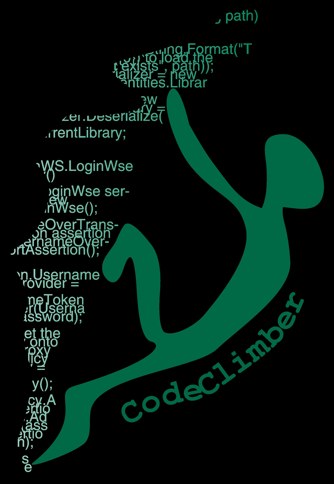Let’s continue with the review of the second day of Techorama. I wrote about the first day already last week.
What’s New in ASP.NET and VS 2013
Overview of the new features of VS2013, especially focusing on the features that make web development easier, also for non MS technologies: browser link, side waffle for templates for just about everything’s, Angularjs support, Bootstrap CSS, less, sass, and more.
Interesting was the small view on the future, with integrated support for external tools (like Grunt) and ASP.NET vNext, with Project K, merged MVC, WebAPI, SignalR, and cross platform support.
HTML5 and JS communication API
Nice overview of all the messaging and communication API in modern browsers, shown using directly the JavaScript API instead of frameworks: Websockets, long polling (server-sent events) message passing. Always with a view in security, introducing also CORS, JSONP.
I liked the approach of showing how everything works from the “bare metal” point if view. In the afternoon there was the SignalR talk to show the tooling and framework on the .NET side of things.
Building great HTTP based API with MS WebAPI
I've used WebAPI already and the talk was basically an introduction to the framework, but despite that I really liked the speaker and the way he presented the topic.
I also learned a few interesting bits I didn’t know before, like the in-memory OWIN based server for testing (I'll probably try and experiment with this a bit and include the topic in my upcoming book on OWIN) and the attribute based routing.
The History of Programming
That was really a very funny talk, more a standup comedy than a IT keynote… It was a funny overview of all programming languages invented in the history of programming.
At the end of the talk it was presented a nice initiative whose aim is to teach programming to kids in a funny and peer-tought way: CoderDojo. It’s available in more then 40 countries, Belgium and Italy included (in Milano for example).
Introducing Nonacat
Nik Molnar gave lots of tips and tools to work efficiently with Github.
Here are some of the tips he showed, in addition he compiled a list of all those tools on his blog.
- Markdown and the github flavoured syntax
- Readme and contributors markdown files are treated by github in a special manner
- Some 3rd party sites have been made so that just by replacing the domain “github.com” with their domain you can get additional features, like generated PDFs of markdown files, or serve it over the web, or open the repo di Cloud9
- Huboard allows a Trello like Kanban/scrum board on top of Github issues
- Github has lots of keyboard shortcuts to search, create and reply to issues (press
?to see it) - You can integrate external services with webhooks, and you can even create your own service that gets notified via webhooks (and to test them you can use some services that allow you to receive requests from github, like requestb.in and nGrok)
- finally, you can build services that use the Github API, you can use the octokit library
We we ditched TFS and embraced Github, TeamCity, MyGet
This talk was a kind of “lessons learned” from a consultant that introduced the full TFS stack as soon as he entered the project he’s working on, but soon realized that using the source control part of TFS was making the team less effective and making it difficult to follow the best practices of branching (as working with branches in TFS is such a pain).
So the ditched TFS, went to a private Github, and TeamCity, leveraging also private MyGet to make builds always up to date with external components.
Of course this is not the silver bullet, since tools for Git are not that well integrated with visual studio, and using all those different systems required some work to integrate them. Also the team had to change a bit the way of working to better leverage the fast branch-switching feature of Git, and learning to use pull requests when they wanted to integrate their code into the main trunk, but after some time, the development process had less friction then in had before, and code quality increased, due also to easier peer reviews thanks to the usage of pull requests.
He also pointed out that even if the whole team do not move to Git, even single devs could start making the move by using Git locally on their machines and finally pushing to TFS using TFS to Git tools.
Closing up
Those two days were really full of interesting hints, and I think I'll now need some weeks to elaborate all of them and experimenting with some of the technologies.
Finally a great applause to the 3 guys behind Techorama: having organized conferences myself I know how difficult it is, and hitting sold out with 600 people on 350€ conference is a huge accomplishment for their first conference.
